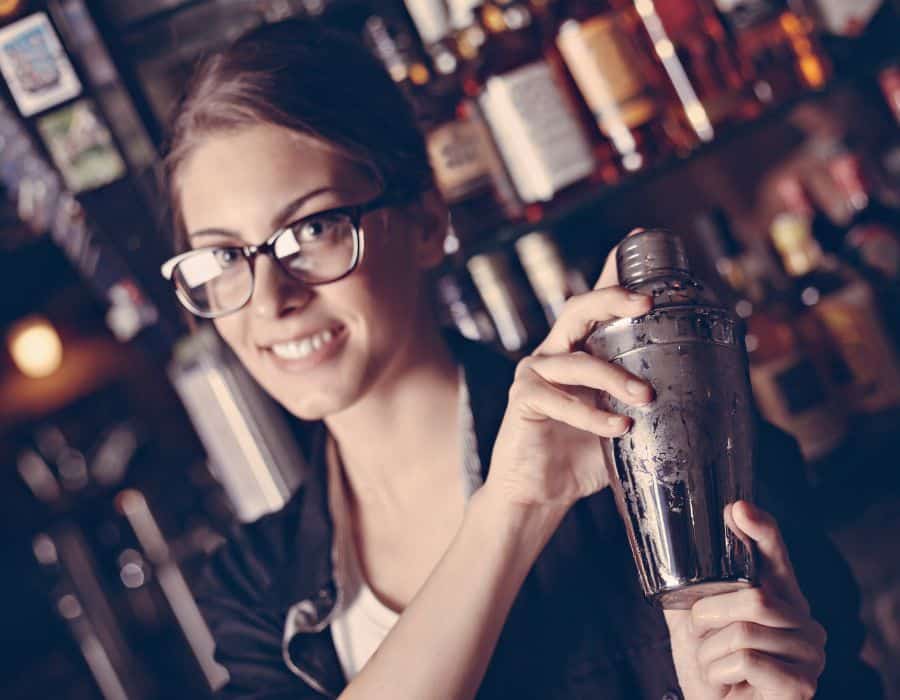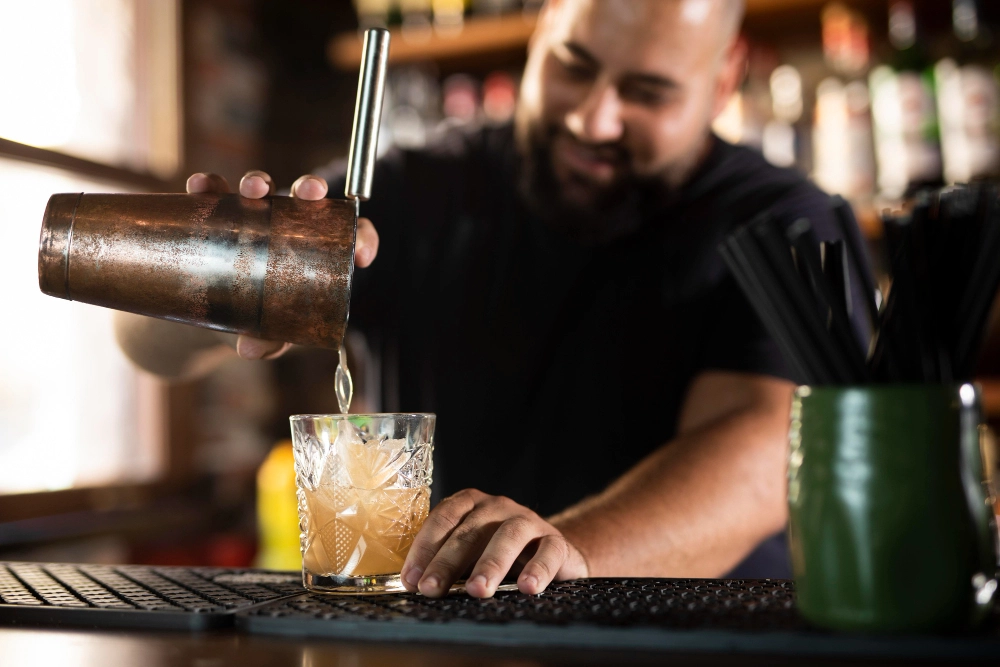Master Responsible Alcohol Solution With Comprehensive Accreditation Programs
The mastery of responsible alcohol solution is not just a regulative demand; it is a fundamental element that boosts the credibility and operational honesty of facilities within the friendliness sector. Comprehensive certification programs use important insights into neighborhood regulations, effective intervention strategies, and client involvement approaches. By purchasing these training efforts, businesses can cultivate a culture of responsibility among their personnel, mitigating risks and boosting consumer contentment. Nevertheless, the course to reliable application and its lasting advantages might not be as straightforward as it seems. What difficulties exist ahead for those who seek to boost their service standards?

Value of Responsible Alcohol Solution
Responsible alcohol solution is important to advertising public health and wellness and safety and security in facilities that offer alcohols. It encompasses a series of techniques developed to stop the overconsumption of alcohol, lower the threat of alcohol-related damage, and guarantee a secure environment for clients and team alike. By supporting responsible solution standards, establishments can reduce possible events of intoxication, which may lead to accidents, violence, or other negative results.
Additionally, liable alcohol service boosts the general client experience. Clients are most likely to go back to establishments that prioritize their safety and security and health. This dedication promotes a favorable reputation, motivating referral references and repeat service. In addition, facilities that stick to accountable solution methods usually experience reduced insurance premiums and reduced lawful obligations.
Additionally, executing accountable alcohol service methods aligns with more comprehensive public health and wellness initiatives focused on decreasing drug abuse and promoting community health. This aggressive method not just safeguards specific clients but also adds to a healthier society. Inevitably, accountable alcohol solution is not simply a legal obligation; it stands for an honest commitment to the health of clients and the community at huge.
Secret Parts of Certification Programs
Qualification programs for accountable alcohol solution typically encompass a number of vital components created to equip personnel with the required abilities and expertise to serve alcohol securely. These programs typically include detailed training on neighborhood and state alcohol laws, guaranteeing that participants comprehend their legal responsibilities and the consequences of stopping working to abide.
Another critical element is the recognition of indicators of drunkenness - servsafe food handlers card. Team are trained to identify behavior signs showing when a customer might be over-served, allowing them to step in properly
Furthermore, effective communication methods are emphasized, educating staff exactly how to engage with clients in a way that promotes responsible drinking. This consists of training in conflict resolution techniques, enabling personnel to manage difficult circumstances smoothly and skillfully.
Additionally, programs often incorporate sensible scenarios and role-playing exercises, giving participants with real-life instances to exercise their abilities. Continuous education and resources are important for maintaining expertise and skills over time, as regulations and finest techniques progress. With each other, these components develop a detailed structure that equips team to promote a safer alcohol consumption environment while lessening liability for facilities.
Benefits for Team and Establishments
Personnel and facilities alike reap substantial gain from joining responsible alcohol service accreditation programs. For staff, these programs improve knowledge and abilities associated to alcohol solution, outfitting them to identify indicators of intoxication and carry out effective intervention strategies. This training not only cultivates a sense of self-confidence among employees but likewise advertises a culture of security and duty in the office.
For facilities, buying accreditation programs can result in minimized liability and fewer events connected to over-serving. By guaranteeing that personnel are trained in responsible solution practices, establishments can alleviate risks related to alcohol-related incidents, therefore shielding their reputation and monetary stability. Several jurisdictions offer incentives, such as lower insurance costs, for accredited facilities.
Furthermore, carrying out qualified practices can enhance client satisfaction and commitment. Clients are more probable to go back to locations that prioritize their safety and security and health. Inevitably, a commitment to liable alcohol solution not only grows a favorable setting yet additionally enhances the overall functional performance of establishments, making it a wise investment for long-term success in the friendliness sector.
Typical Obstacles in Alcohol Solution
Making sure effective alcohol solution is not without its obstacles, also in establishments devoted to liable methods. One considerable challenge is the demand for team to accurately analyze customers' alcohol usage levels. servsafe food handlers card. This requires a keen understanding of exactly how various factors, such as food consumption, tolerance, and specific differences, affect intoxication
In addition, the stress to maximize sales can contrast with accountable service methods. Workers may encounter problems in refusing service to drunk individuals, specifically in social atmospheres where peer servsafe alcohol certification stress and expectations prevail.
An additional challenge is remaining updated with regional regulations and regulations relating to alcohol service. Conformity is important, yet regular modifications in legislation can produce confusion and might result in unintentional offenses.
Educating programs may not always cover the nuances of real-world situations, leaving team unfit to manage intricate situations. Irregular interaction between administration and workers concerning assumptions for liable service can better exacerbate these issues.
To browse these challenges successfully, facilities must foster an atmosphere of support, stressing the importance of accountable solution while providing the required tools and training for team to succeed.
Steps to Acquire Qualification
To acquire Liable Alcohol Service Accreditation, candidates typically begin by looking into the details requirements mandated by their neighborhood governing authorities. These needs might differ significantly relying on the region, so it is necessary to familiarize oneself with the appropriate legislations and guidelines.

After choosing a program, candidates should finish the requisite training, which typically covers subjects such as determining intoxication, recognizing lawful responsibilities, and carrying out approaches for liable service. Participants ought to proactively involve with the material, as this expertise is vital for reliable alcohol service.

Adhering to training, prospects commonly take an assessment to analyze their understanding of the product. Effective conclusion of this assessment leads to accreditation.
Conclusion
Finally, grasping accountable alcohol solution with detailed qualification programs is crucial for promoting security and improving client experiences within the friendliness market. By furnishing team with the required understanding and skills, establishments not just mitigate dangers linked with overconsumption and legal obligations however also cultivate a culture of responsibility. This commitment to accountable service ultimately brings about raised client loyalty and functional success, reinforcing the relevance of recurring training and adherence to alcohol service requirements.